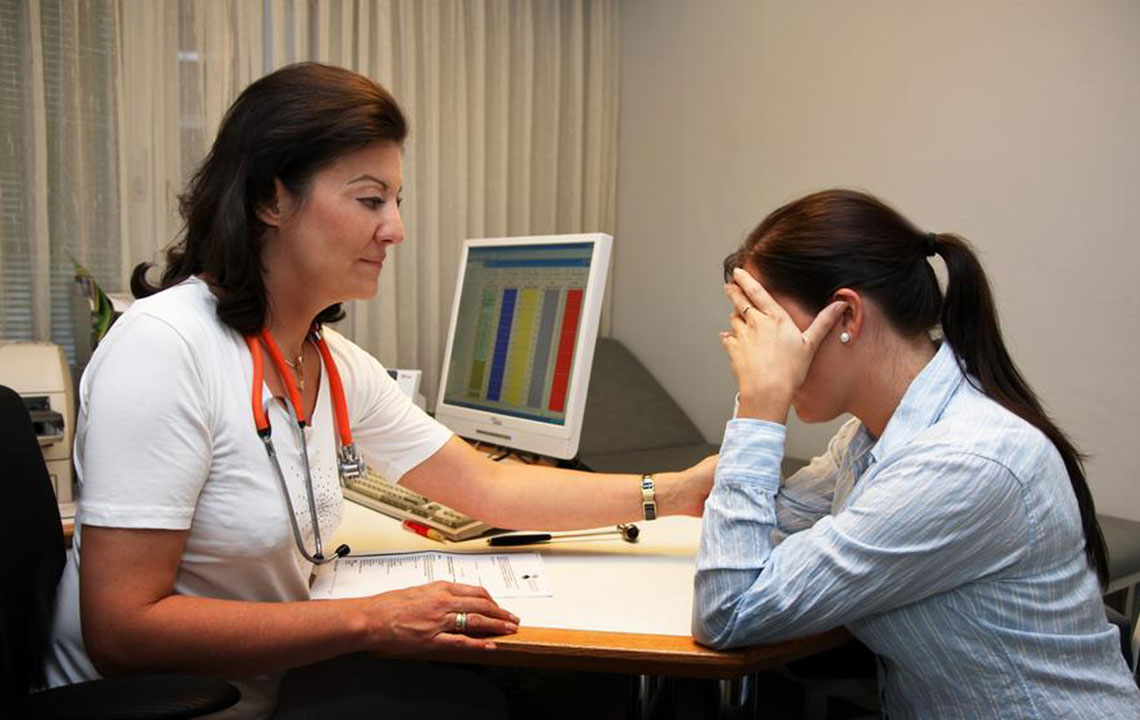Comprehensive Guide to Prostate Cancer Management Strategies
This article provides an in-depth overview of prostate cancer treatment options, including surgery, radiation, cryotherapy, hormone therapy, chemotherapy, vaccines, and bone-targeted therapies. It discusses their benefits, side effects, and suitable scenarios, assisting patients and caregivers in understanding their choices for effective management of prostate cancer. The guide emphasizes personalized treatment planning based on tumor stage and overall health, highlighting advances in therapies that improve outcomes and quality of life for affected men.

Prostate cancer treatment choices depend on tumor grade and stage, guiding medical professionals in selecting the most effective approach.
Active monitoring: Given its slow progression, some doctors may opt for watchful waiting in men with other health issues, closely observing tumor growth through regular tests to ensure it remains small and non-invasive.
Surgical intervention: Removing the tumor surgically, typically via radical prostatectomy, involves excising the prostate and surrounding tissues. Post-surgery risks include urinary leakage, erectile problems, bleeding, clots, and infections.
Radiation therapy: External beam or internal brachytherapy can eliminate localized tumors or control symptoms, especially in high-grade cases. Side effects may include urinary, bowel, and sexual difficulties, alongside fatigue and swelling.
Cryotherapy: This technique freezes and destroys cancerous tissue, mainly used for early stages or recurring prostate cancer after other treatments. Men might experience blood in urine, swelling, or discomfort following the procedure.
Long-term, sexual dysfunction can also occur. Hormone therapy: Reducing male hormones that fuel cancer growth is key here. It's often used for metastatic or recurrent prostate cancer, with side effects such as decreased libido, erectile issues, tissue shrinkage, anemia, osteoporosis, weight gain, fatigue, and depression.
Chemotherapy: As a later-line treatment, chemotherapy may be utilized if other therapies fail, sometimes combined with hormone therapy or post-surgery. Common side effects include hair loss, mouth sores, digestive problems, tiredness, and bruising.
Immunotherapy vaccines: Unique to prostate cancer, vaccines boost the body's immune response to cancer cells, primarily for advanced cases unresponsive to standard treatments. Mild side effects like fever and fatigue may occur.
Bone-targeted treatments: Since prostate cancer often spreads to bones, therapies aim to prevent metastasis in active tumors outside the prostate. Risks include higher infection susceptibility, bleeding, and lowered blood cell production.
Note: Our blog offers valuable insights across various topics. While based on thorough research, users should consult medical professionals for personalized advice. We are not responsible for inaccuracies or differences in other information sources. Additionally, we may not cover all available schemes and offers that could benefit readers.










